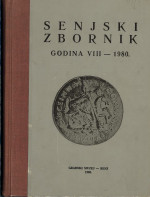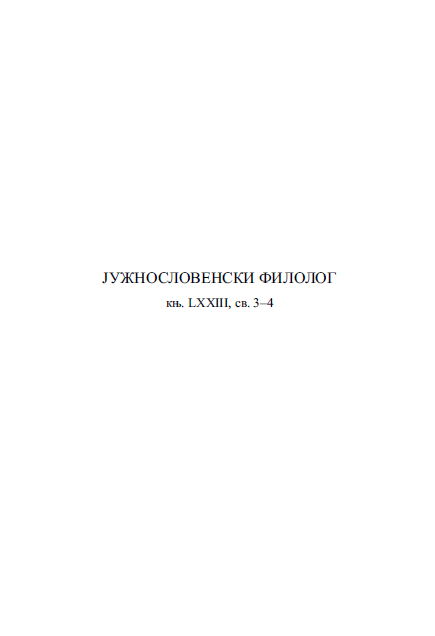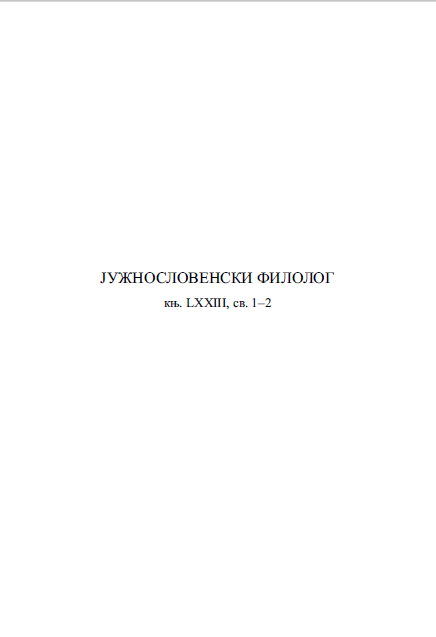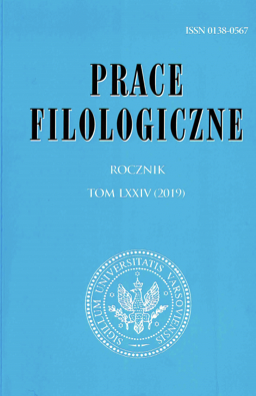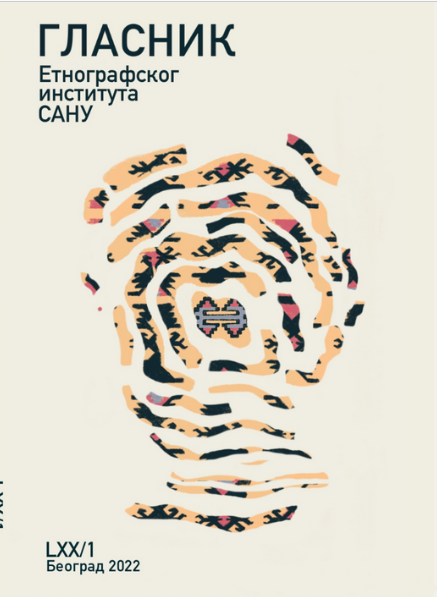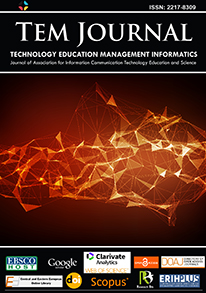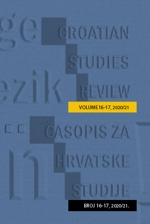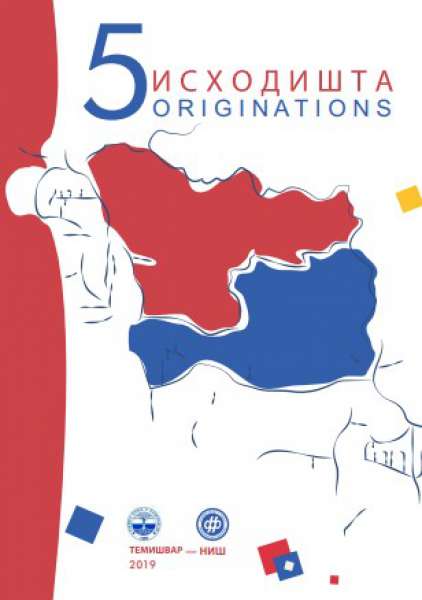Author(s): Gordana R. Štrbac / Language(s): Serbian
Issue: 1-2/2017
This article focuses on the human body as the source domain in the conceptualization of different activities in various target domains. The paper examines the role of body part terms jezik, uho/uvo, mozak and obraz in the development of phraseological meaning. The corpus for the research includes 211 idioms collected from the phraseological and other dictionaries (for example, držati jezik za zubima, nemati dlake na jeziku, puniti kome uši, govoriti gluvim ušima, imati mozga u glavi, puniti kome mozak, imati obraz kao đon, čovek crna obraza, etc.). The analysis shows that the phraseological potential of body part terms depends on their conceptual, semantic and derivational potential, i.e. body part terms which have a rich derivational and semantic network also have numerous idioms. The phraseological meaning is often motivated by the functional seme in the sememe of the body part term, so the metonymy BODY PART FOR ITS FUNCTION is the most common pattern of semantic change. The idioms with lexemes jezik, uho/uvo, mozak and obraz mainly denote actions that are peculiar to these parts of the body. These meanings are based on metaphorical mental images in which the body parts have some qualities, or operate as the subject, object or instrument of a physical action. The existence of the same semantic patterns in other languages confirms the universality of bodily experience in the conceptualization of emotions, knowledge and reasoning, speaking, hearing, etc.
More...
